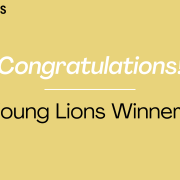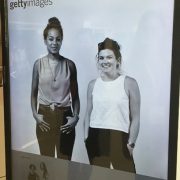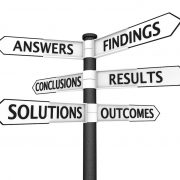Don’t let storytelling become a fantasy
Article by Petra Sammer, Chief Creative Officer at Ketchum Germany
Over the last few years, storytelling has become one of the most frequently used buzzwords in PR. The accepted wisdom now seems to be that, the future of communications lies in storytelling – and PR owns that expertise.
PR claims it is home to exceptionally good storytellers for good reason. Our industry is used to analysing complex situations and identifying the top line story – we know that every good story needs a reason to be told. Our industry is used to assembling stories in ways that encourage sharing – we know that every good story has viral potential. Our industry is used to recounting stories in ways that will grab attention – we know that every good story needs a universal connection with the reader.
But in saying this we easily forget both weaknesses of PR and the strengths of our advertising rivals – who also claim the storytelling mantle. Advertising firms have long been trusted partners in developing the client’s “big idea.” Their entire business workflow is geared to deliver film and imagery – just when the world is obsessed with YouTube and Instagram. Advertisers know how to work with a palette of emotions. They are immersed in audience data and culture. They understand how edutainment makes messages sticky.
PR on the other hand is still earning its right to handle the client’s “big idea” in a channel agnostic world. Our business workflow is often geared to understand, unpick and create content using words and narratives. We also use a very specific vocabulary from the world of rational hard news and train ourselves to describe our stories in certain restrictive formats. In some cases we have almost become consultants like McKinsey, working to set methodologies that strip out subjectivity as if it were an evil. Our industry is still learning to handle value and behaviour based audiences. And most fundamentally we understand storytelling though the concept ofnews-storytelling – which is not the same as creative-storytelling.
So for me, if we are to truly to seize upon the potential to own a wider notion of storytelling, and transform our industry accordingly, we need to spend a little more time understanding what that really means. PR must learn how to make people laugh and cry, every day. PR must get comfortable with a balance of facts and emotion. PR must focus its stories around heroes and encourage our clients to recognise the need for conflict in our work. We must give equal thought to words and visual communication.
If we can do this, and some of the work of our industry proves we very much can, there are some truly wonderful and incredibly rewarding opportunities to be had.
For example, my firm, Ketchum was responsible for the origination and production of these films for Samsung and Häagen-Dazs. We have been busy hiring producers, artists and camera operators. We are beginning projects with visual turns and images instead of relying only on the written word. We are helping CEOs and managers to tell their personal stories in the colourful language of day to day life. We are connecting brands with creators like documentary filmmaker, Morgan Spurlock and Academy Award Winner, Morgan Neville.
PR cannot just claim creative storytelling as its natural right, we need to reengineer the way our organisations solve problems if we are to broaden our horizons.












